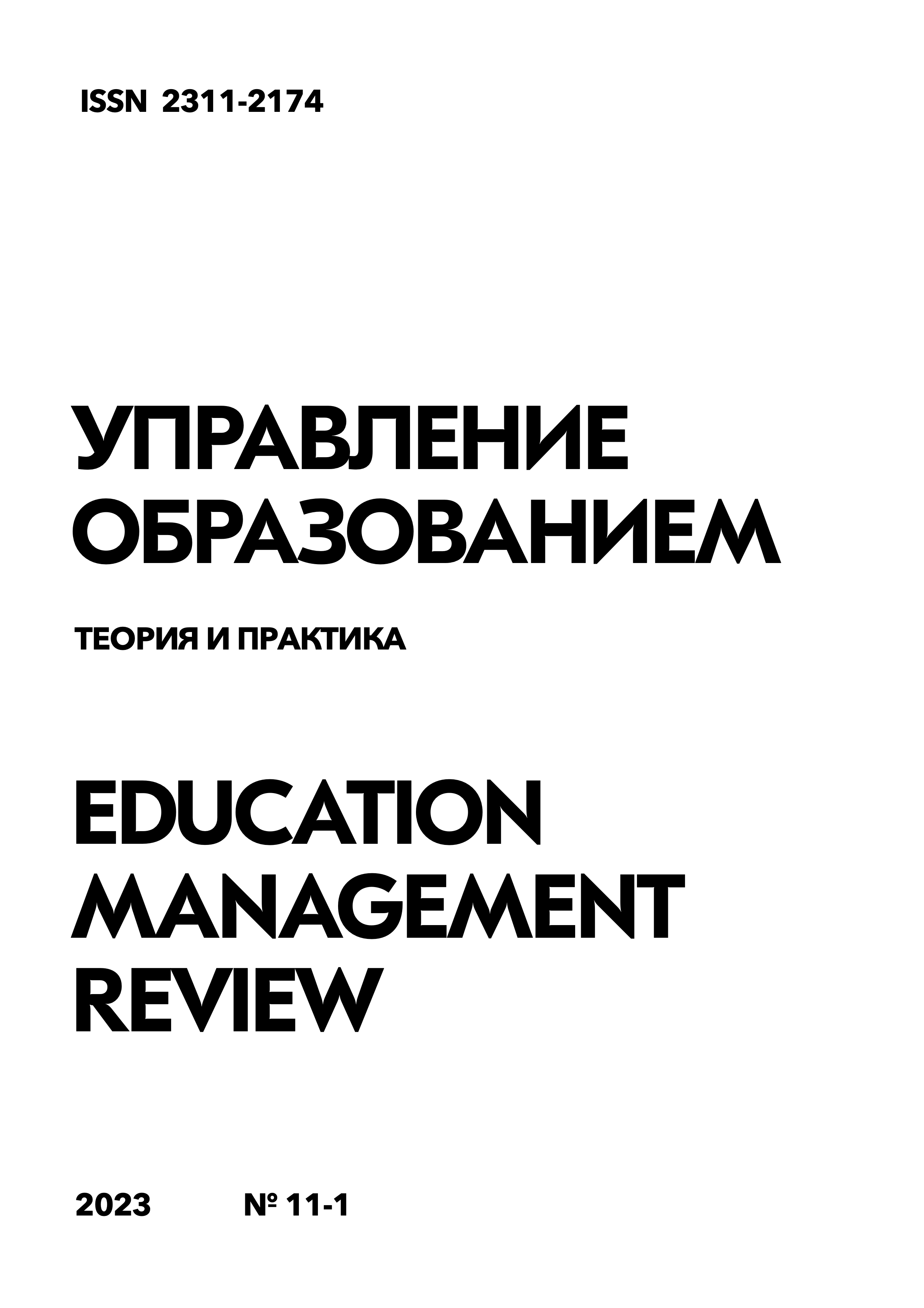The use of interactive technologies in the process of learning healthy lifestyle: experience and prospects in Russian universities
DOI:
https://doi.org/10.25726/i2708-7253-3628-gKeywords:
interactive technologies, healthy lifestyle, university education, innovative educational methods, virtual laboratories, webinars, educational simulationsAbstract
Introduction: In the modern educational space, permeated with innovations and technological breakthroughs, interactive technologies are gaining more and more popularity, especially in the context of teaching the basics of a healthy lifestyle (HLS) in higher educational institutions of Russia. The relevance of the research is due to the desire to increase the effectiveness of the educational process and the motivation of students to acquire knowledge about healthy lifestyle through the integration of interactive technologies. Materials and methods: The study was conducted on the basis of three leading universities in Russia, where various interactive teaching methods were tested, including virtual laboratories, interactive webinars and simulators. A survey of 1,200 students and 100 teachers using questionnaires and in-depth interviews allowed us to evaluate the effectiveness and perception of these methods. Data analysis was carried out using the SPSS statistical package and qualitative analysis methods. Results: The study showed that the use of interactive technologies in the process of learning healthy lifestyle significantly increases the level of student engagement. About 75% of the surveyed students noted an increase in interest in the topic of healthy lifestyle after using interactive methods. In particular, virtual laboratory work based on realistic simulations contributed to an improved understanding of complex biological and physiological processes by 34% higher than traditional methods. It was also revealed that interactive webinars combining theoretical lectures with practical tasks increase the level of material assimilation by 40% in comparison with classical lectures.
References
Байков Н.М., Лихачев Е.В. Физическая культура и спорт в контексте национальных приоритетов государственной политики: социологические аспекты // Власть и управление на Востоке России. 2019. № 2 (87). С. 74-84.
Борисов А.Я. Приобщение студентов - будущих учителей к здоровому образу жизни в процессе изучения учебной дисциплины «Физическая культура» // Известия Самарского научного центра РАН. 2015. № 1-2. С. 304-308.
Гайтян С.В. Выдающиеся педагоги о сохранении здоровья подрастающего поколения // Образование и воспитание. 2018. № 5 (20). С. 1-3. URL: https://moluch.ru/th/4/archive/108/3715/
Деминцева О.А., Кондратенко Е.В. Категориальный анализ понятия «готовность к здоровому образу жизни» в современной психолого-педагогической литературе // Вестник Марийского государственного университета. 2018. № 2 (30). С. 17-24.
Дугнист П.Я., Мильхин В.А., Головин С.М. Здоровый образ жизни в системе ценностных ориентаций молодежи // Здоровье человека, теория и методика физической культуры и спорта. 2017. № 4 (7). С. 3-25.
Жилина Н.М., Серая А.О. Студенты и здоровый образ жизни. Взгляд изнутри // Педагогика профессионального медицинского образования. 2018. № 3 С. 23-32.
Журавлева Л.А., Зарубина Е.В., Ручкин А.В. Здоровый образ жизни в оценках молодежи // Образование и право. 2020. № 9. С. 322-329.
Колодезникова С.И., Неустроева Е.Н. Особенности работы в системе Moodle как средства развития информационной компетентности студентов в условиях вуза // Науч.-метод. электрон. журнал «Концепт». 2018. № 3. С. 142-152.
Кретова И.Г., Беляева О.В. Педагогические средства формирования здорового образа жизни студентов // Вестник Самарского государственного технического университета. Серия: Психолого-педагогические науки. 2018. № 4(40). С. 110-118.
Лебединский В.Ю., Изатулин В.Г., Каляги А.Н. Физическая подготовленность и её взаимозависимость от антропометрических показателей у студентов различных функциональных групп здоровья // Сибир. мед. журнал. 2017. Т. 149, № 2. С. 36-39.
Маркова Н.В. Рютин С.Г. Здоровье студенческой молодежи: современные тенденции // Современные наукоемкие технологии. 2020. № 3. С. 168-172.
Меерманова И.Б., Койгельдинова Ш.С., Ибраев С.А. Состояние здоровья студентов, обучающихся в высших учебных заведениях // Международный журнал прикладных и фундаментальных исследований. 2017. № 2-2. С. 193-197.
Наскалов В.М., Жернакова Н.И. Инновационные технологии в физическом воспитании студентов вузов как путь к здоровье сбережению // Научные ведомости БелГУ. Серия: Медицина. Фармация. 2018. № 22 (93). С. 36-45.
Федорищева Е.К. Комплексная оценка здоровьесберегающего поведения студентов медицинских специальностей и направления его оптимизации // Власть и управление на Востоке России. 2019. № 3(88). С. 97-116.
Халикова С.С. Формирование здорового образа жизни студенческой молодежи высших учебных заведений // Электронное научное издание «Ученые заметки ТОГУ». 2016. Т. 7. № 2. С. 157-162 URL: https://pnu.edu.ru/media/ejournal/articles-2016/TGU_7_75.pdf




